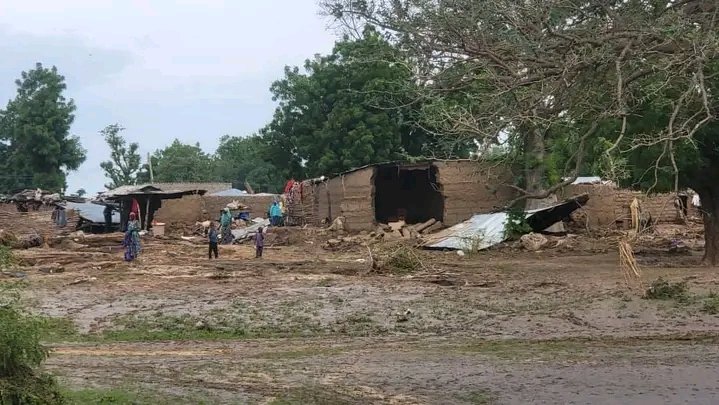ExxonMobil is set to inject $10 billion into Nigeria’s deep-water oil operations, underscoring its renewed focus on offshore activities following its exit from the onshore oil environment in the Niger Delta.
This investment comes at a time when international oil companies (IOCs) are shifting their attention to deep-water prospects, seeking to maximize returns in a more stable and secure operational environment.
The announcement was made during a meeting between Nigeria’s Vice President, Kashim Shettima, and executives from ExxonMobil at the 79th Session of the United Nations General Assembly in New York.
Shettima highlighted the significance of this move, calling it a direct result of the Nigerian government’s ongoing economic reforms and policies aimed at fostering foreign investment.
“The investment by ExxonMobil is not just a boost to our oil industry but a clear endorsement of the President’s commitment to creating a more investment-friendly Nigeria. We are fully dedicated to facilitating an environment conducive to such transformative ventures,” Shettima stated.
ExxonMobil’s Chairman and Managing Director in Nigeria, Shane Harris, stressed that the company’s strategy is now centered on deep-water projects, with the Owo subsea tie-back project being the flagship of this new investment. Harris reaffirmed the company’s commitment to Nigeria, noting that despite the challenges in onshore production, the company remains committed to long-term growth.
“Our deep-water investment strategy represents a new chapter in ExxonMobil’s 70-year history in Nigeria. We are engaging closely with the government to secure the necessary fiscal incentives for this $10 billion project, ensuring that Nigeria continues to benefit from our operations,” Harris explained.
ExxonMobil’s decision to scale up deep-water operations highlights the confidence major investors have in the Nigerian government’s economic reforms, positioning the country as a key player in Africa’s energy sector despite ongoing global uncertainties.



